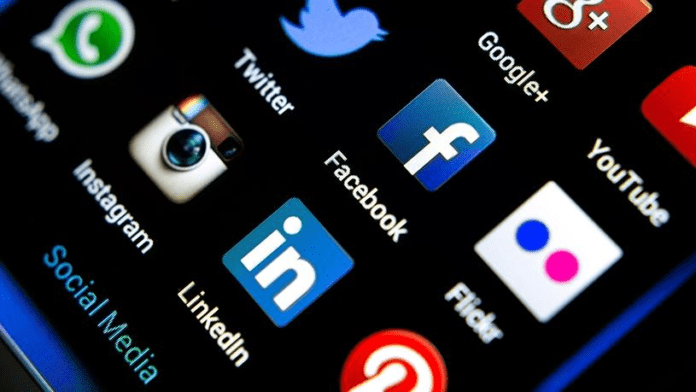Donald Trump has introduced new directives tightening U.S. visa and Green Card application procedures, putting individuals with a controversial social media past on high alert.
Under the new policy, Green Card applicants will be required to provide a detailed history of their social media activity as part of an intensified screening process.
This measure builds on an existing policy, which has been in place since 2009, mandating visa and Green Card applicants to disclose usernames for all social media platforms used within the past five years, along with any previous email addresses and phone numbers.
Trump’s administration now seeks to extend this vetting process to most visa categories, including work, student, tourist, and diversity visas. The U.S. government will examine activity on major social media platforms such as Facebook, Twitter, Instagram, and LinkedIn, among others.
As part of the new directive, applicants must submit all past phone numbers and email addresses used in the last five years. This information will be stored indefinitely by U.S. authorities and could be shared among multiple government agencies and, potentially, with allied foreign governments as a security measure.

The U.S. Citizenship and Immigration Services (USCIS) has defended the move, stating that screening social media accounts is essential for “enhanced identity verification, vetting, and national security screening.” The agency further emphasized that adherence to President Trump’s directive, titled Protecting the United States from Foreign Terrorists and Other National Security and Public Safety Threats, is critical.
This policy shift is expected to significantly impact thousands of Kenyans aspiring to migrate to the U.S. in pursuit of better opportunities. Recent data from the U.S. State Department indicated that 4,459 Kenyans were selected for the 2025 Diversity Visa Lottery, a notable increase from the 3,760 who qualified in the 2024 lottery.
Despite the administration’s justification for the policy, it has drawn criticism from civil rights organizations, which argue that it infringes on privacy rights and could suppress free expression online. Advocacy groups warn that individuals may now be forced to choose between expressing their opinions freely or risking potential denial of entry into the U.S. in the future.







